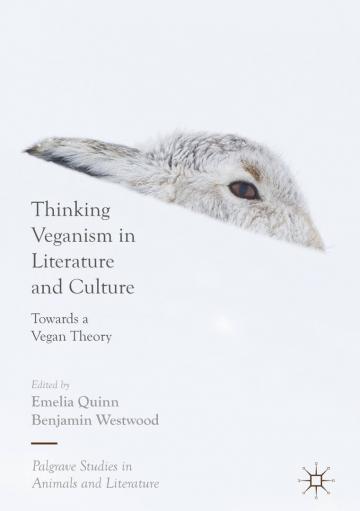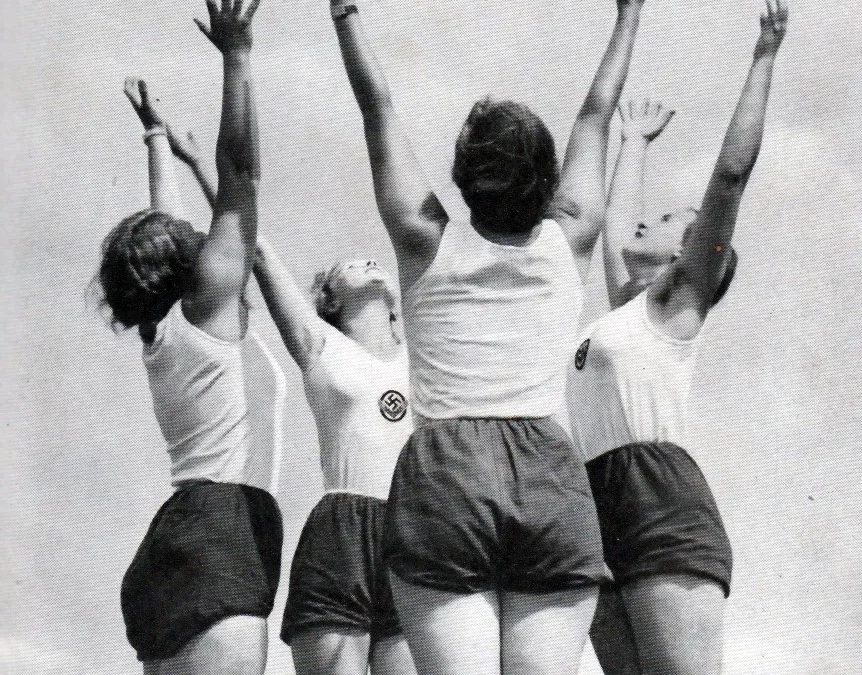
Maya Plisetskaya in the 1974 Russian Anna Karenina
‘Видите ли, на одну и ту же вещь можно смотреть трагически и сделать из нее мученье, и смотреть просто и даже весело. Может быть, вы склонны смотреть на вещи слишком трагически.’
‘The very same thing, don’t you see, may be looked at tragically, and turned into a misery, or it may be looked at simply and even humorously. Possibly you are inclined to look at things too tragically.’
These are the most profound words in Tolstoy’s Anna Karenina, and amongst the most profound that Tolstoy ever wrote.
They are spoken by one of the novel’s villains, Princess Betsy Tverskaya: an amoral, fashionable éminence in the kind of St Petersburg high society of which the middle-aged and increasingly-misogynist Tolstoy disapproved. She has affairs. During a ‘cosy chat’ (she uses the English phrase) at her ‘croquet’ (the craze had just reached Russia) party, she comments to Anna on several women present who are having affairs. When Anna disingenuously asks what the real state of play is between a Liza Merkalova and her husband, Betsy chides her as ‘Ужасный ребенок’ – ‘enfant terrible’. Her tone of chastisement is affectionately light-hearted; but the phrase can also – according to Betsy’s own proposition – be interpreted tragically. After all, Anna’s transparency and sincerity about – and inclination to view tragically – her own affair with Vronsky is actually a ‘terrible’ crime against the rules of her society. She could have taken her own affair lightly and comedically; but she doesn’t; and she therefore dies.
Tolstoy approves of Anna’s tragic way of seeing her own affair measurably more than he does Betsy’s light-hearted way of seeing all affairs. So he writes Anna’s story with the tone of a tragedy, which she and he collaborate in producing.
Tolstoy’s erring on the side of the tragic vision makes moral sense insofar as our actions affect anyone else; it is safest to recognise our potential for inflicting tragedy, rather than interpreting all our actions in the genre of comedy for our own comfort’s sake.
But insofar as we, ourselves, meet with the slings and arrows of outrageous fortune – Betsy has got it right. Certain things can happen which can be taken in such as way as to make life hardly supportable, or unsupportable. Or – and it is a binary – they can be flipped, put into a bigger and better context, and be made something to smile at.
The moment when this happens is one of Grace. All good religions point towards it.
It is the moment that Olivia reaches in Twelfth Night. After much misery at the fact that she will never have her beloved Cesario, she could have become suicidal.
Instead, she turns a corner, and says, in one of the greatest lines that Shakespeare ever wrote:
‘Why, then, methinks ‘tis time to smile again.’




